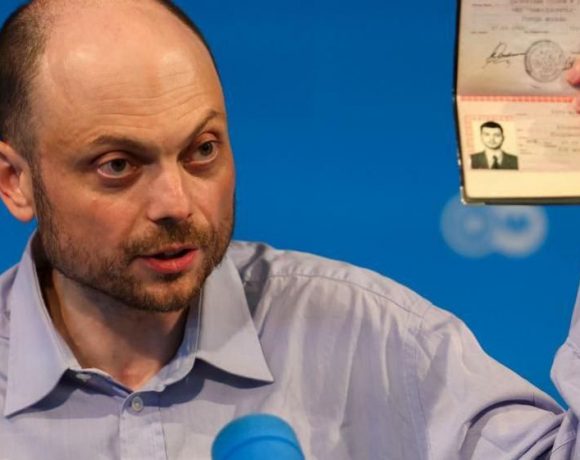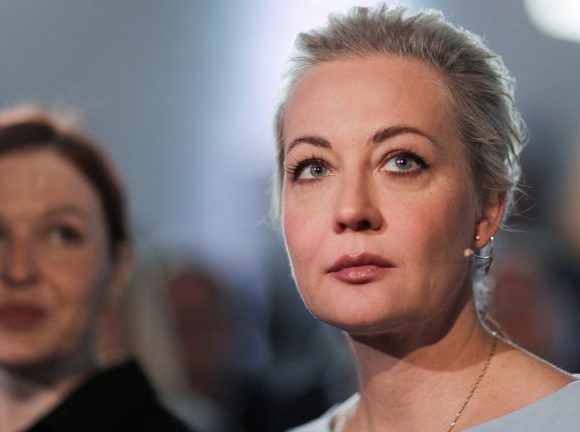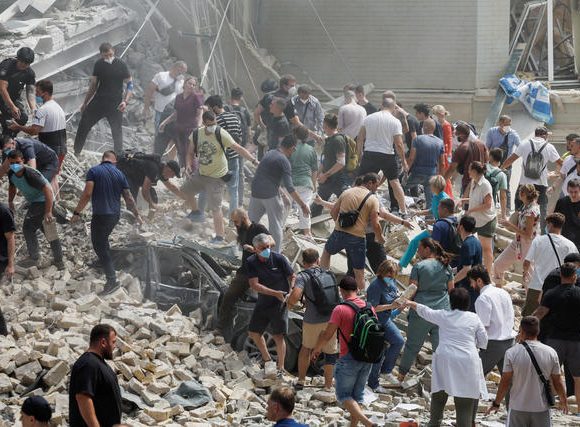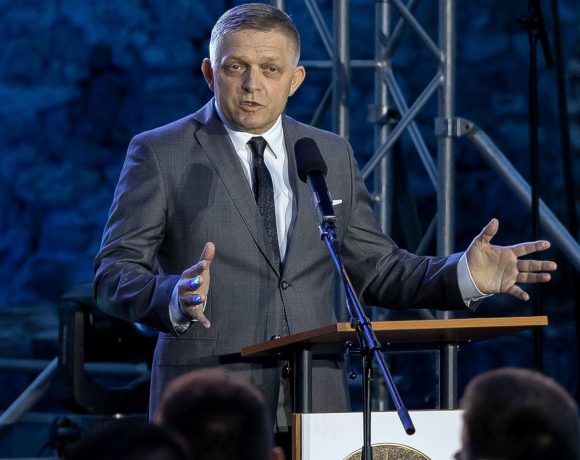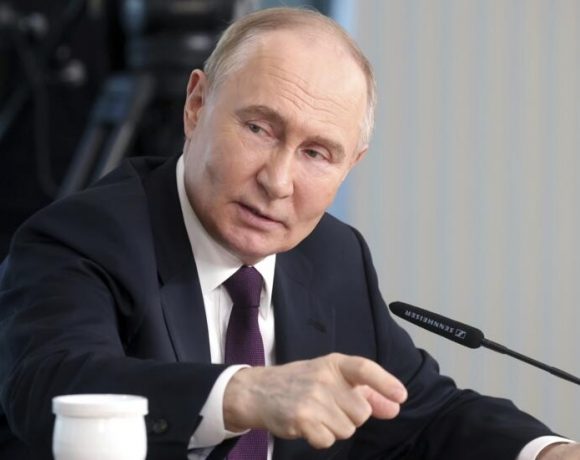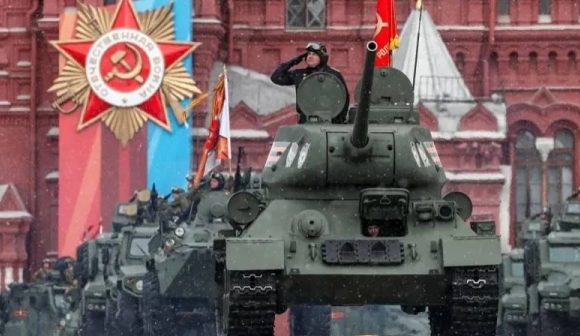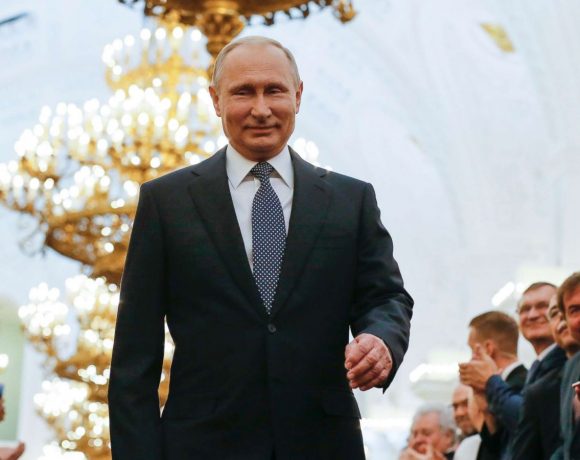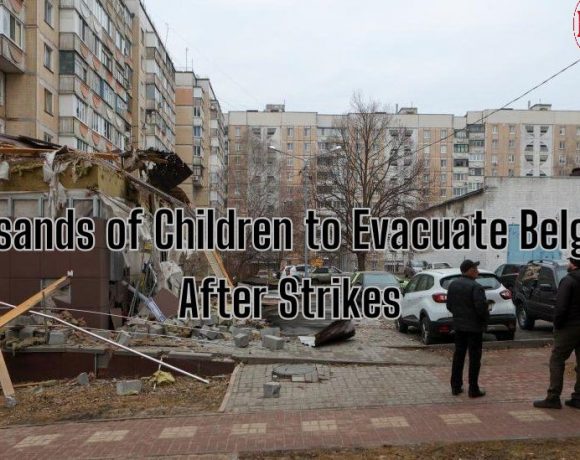
Russian-American ballerina Ksenia Karelina has pleaded guilty to treason charges following her arrest for donating money to a charity supporting Ukraine. Russian prosecutors are pushing for a 15-year prison sentence after accusing Karelina of collecting funds used to buy tactical supplies for the Ukrainian military.
Karelina was detained in Yekaterinburg, about 1,600 kilometers (1,000 miles) east of Moscow, during a family visit in February. Her detention and the subsequent charges come just a week after a major prisoner swap between Russia and the West, which saw 24 individuals exchanged across seven countries.
Karelina’s lawyer, Mikhail Mushailov, argued that the proposed 15-year sentence is excessively harsh given her cooperation with the investigation. Mushailov also noted that a prisoner exchange cannot occur until after a court verdict is finalized, so Karelina could not have been part of the recent swap. He indicated that efforts to address the situation would begin after the verdict.
The ballerina, who had been living in Los Angeles and became a U.S. citizen in 2021, traveled to Russia for a family visit in January and has been unable to return to her home since. Reports suggest that the treason charge arose from her $50 donation to Razom, a charity supporting Ukraine. Razom has expressed shock at Karelina’s arrest.
Karelina’s case follows a decree signed by Russian President Vladimir Putin in April last year, which increased the maximum penalty for treason from 20 years to life imprisonment as part of a broader crackdown on dissent.
At the time of her arrest, Karelina’s partner, Chris Van Heerden, described her as “proud to be Russian” and expressed hope for her release. Van Heerden has been actively campaigning for U.S. intervention to secure her release. The FSB reported that Karelina was detained in the same city where U.S. journalist Evan Gershkovich was arrested on espionage charges. On August 1, Gershkovich was among 16 prisoners released in a swap for eight Russian prisoners held in the U.S., Norway, Germany, Poland, and Slovenia.
Picture Courtesy: Google/images are subject to copyright

